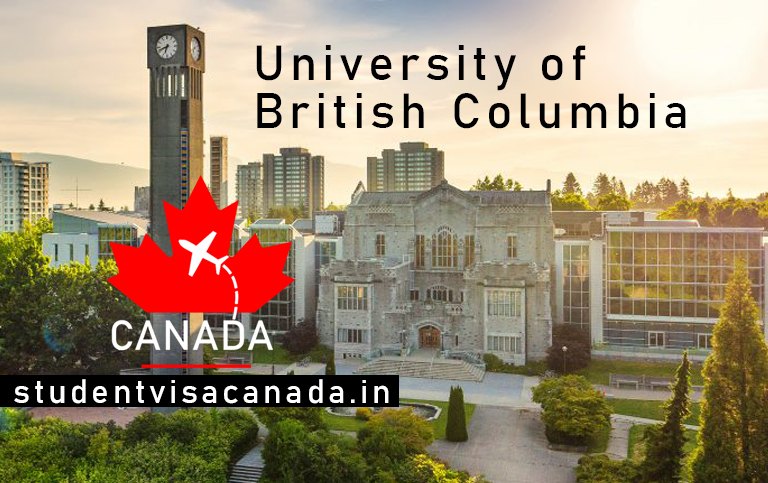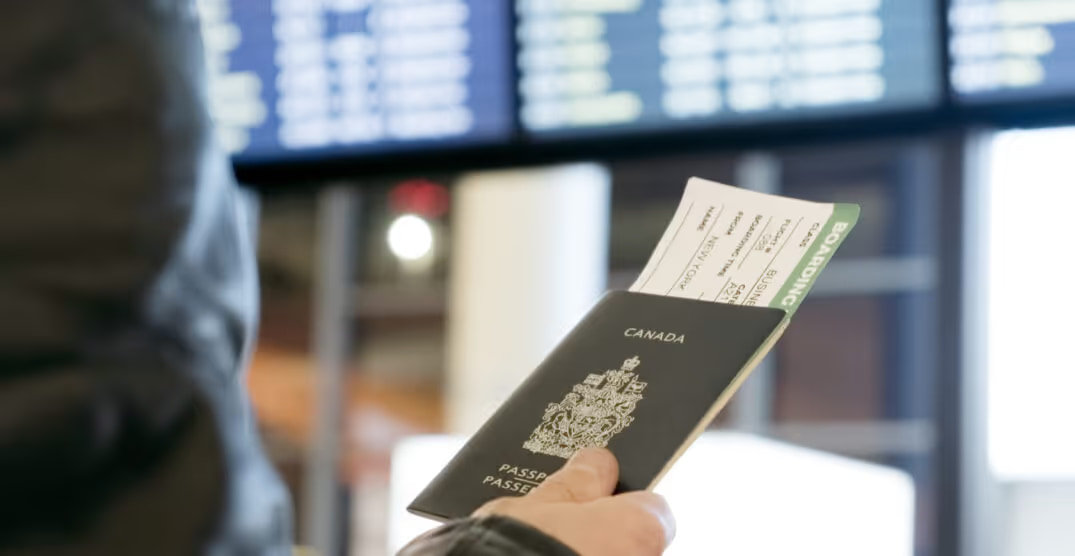Are you on the brink of embarking on your educational journey as an international student in the Great White North? Canada beckons with its promise of diverse opportunities and rich experiences. Amidst this excitement, it’s crucial to acquaint yourself with the latest guidelines and regulations that shape your academic voyage.
These fresh directives aren’t about restricting your experience; rather, they’re designed to enhance your journey and ensure a seamless transition into Canadian academia and culture. Let’s explore these exciting new guidelines that await you in 2024!
Enhanced Cost of Living: A Gateway to Realistic Financial Stability
Prepare for an enriched academic journey in Canada! Commencing January 1, 2024, international students venturing into the Canadian education realm will be greeted with an enhanced cost of living requirement. Set at $20,635, this adjustment, coupled with tuition and travel expenses, lays the groundwork for a more robust financial footing, ensuring students and their accompanying family members embark on their Canadian experience with confidence and security.
Limited Visa Cap: Navigating the Path to Educational Excellence
Embark on your Canadian educational adventure with clarity and foresight! Canada has implemented a prudent cap on visas for international students, slashing issuance by approximately 35%. With only 360,000 new study permits slated for 2024, it’s paramount to acquaint yourself with this limitation before setting foot on your visa application journey.
Armed with this knowledge, you can navigate the application process with precision and efficiency, securing your place in Canada’s esteemed academic landscape.
Provincial Attestation Letter (PAL) Requirement: Paving the Way for Seamless Transitions
Unlock the doors to seamless academic transitions in Canada! Effective January 22, 2024, most new study permit applications must be accompanied by a Provincial Attestation Letter (PAL) from the intended province or territory of study. While the PAL issuance process undergoes refinement, it’s poised to be finalized by March 31, 2024. Embrace this requirement as a catalyst for smooth transitions and streamlined administrative processes, ensuring your Canadian educational journey commences seamlessly.
Spousal Open Work Permit Eligibility Update: Empowering Family Dynamics
Elevate your family’s Canadian experience with newfound opportunities! Dynamic changes await spouses of international students pursuing master’s and doctorate degrees. Open work permits will exclusively grace the spouses of students enrolled in these advanced programs, empowering accompanying family members to engage actively in Canada’s vibrant social and economic landscape. Embrace this update as a beacon of opportunity, fostering enriching experiences and strengthening familial bonds in the Canadian context.
Post-Graduation Work Permit (PGWP) Revision: Charting New Avenues for Professional Growth
Embark on a journey of professional growth and development in Canada! Commencing February 15, 2024, graduates completing a master’s program in under two years will be bestowed with an extended three-year post-graduation work permit. Embrace this opportunity as a springboard to unleash your potential in Canada’s dynamic workforce. However, remain cognizant of forthcoming adjustments in PGWP eligibility, particularly for students enrolled in curriculum licensing arrangements post-September 1, 2024. Seize the moment, chart your course, and carve out a pathway to success in Canada’s thriving professional landscape.
As you prepare to embark on your educational journey in Canada, these exciting new guidelines promise to enrich your experience and pave the way for academic and personal growth. Stay informed, embrace the adventure, and make the most of your time as an international student in Canada!
Source of Immigration News Canada
Canada’s Strategy to Stabilize Growth and International Student Permits
Setting the Stage: A Vibrant Community of International Students
Canada prides itself on its diverse and inclusive society, enriched by the presence of international students who contribute immeasurably to its social, cultural, and economic tapestry. However, recent years have witnessed challenges to the integrity of the international student system, necessitating decisive action to ensure its sustainability.
Recognizing the Challenges
In response to concerns about the rapid expansion of international student intake by some institutions, the Government of Canada acknowledges the strain on resources and support systems. To address these issues head-on, the government is implementing measures to safeguard the interests of both international students and Canadian communities.
A Strategic Approach: Introducing a Cap
Under the leadership of the Honourable Marc Miller, Minister of Immigration, Refugees and Citizenship, Canada is unveiling a groundbreaking initiative. A cap will be placed on international student permit applications, aimed at stabilizing growth over the next two years. This strategic move reflects Canada’s commitment to responsible immigration policies.
A Fair and Equitable System
The cap, set to approve approximately 360,000 study permits for 2024, represents a significant reduction from previous years. Provinces and territories will play a pivotal role, with individual caps tailored to address areas experiencing unsustainable growth. Notably, renewals and certain educational programs are exempt, ensuring fairness for current and prospective students.
Collaborative Allocation Process
Provinces and territories will receive allocations from the federal government, facilitating a decentralized approach to permit distribution. This collaborative effort underscores the commitment to regional equity and responsive governance. Furthermore, stringent attestation requirements will be enforced, enhancing transparency and accountability.
Pioneering Change: Post-Graduation Work Permit Reforms
In parallel with permit caps, Canada is revamping its Post-Graduation Work Permit Program to align with broader sustainability goals. Changes include eligibility criteria adjustments and the introduction of extended work permits for master’s degree graduates. These reforms aim to create pathways for long-term success and integration for international graduates.
Looking Ahead: A Brighter Future for International Education
As Canada charts a course towards sustainable growth in its international student population, it remains steadfast in its dedication to fostering a welcoming and supportive environment. Through ongoing collaboration with stakeholders, the government is committed to shaping a robust framework that ensures the prosperity of both international students and Canadian communities.
Conclusion: A Trans-formative Journey
In navigating the complexities of international education, Canada emerges as a beacon of innovation and inclusivity. By implementing bold measures and fostering collaboration, it lays the foundation for a brighter, more sustainable future—one where diversity is celebrated, opportunities abound, and communities thrive.



